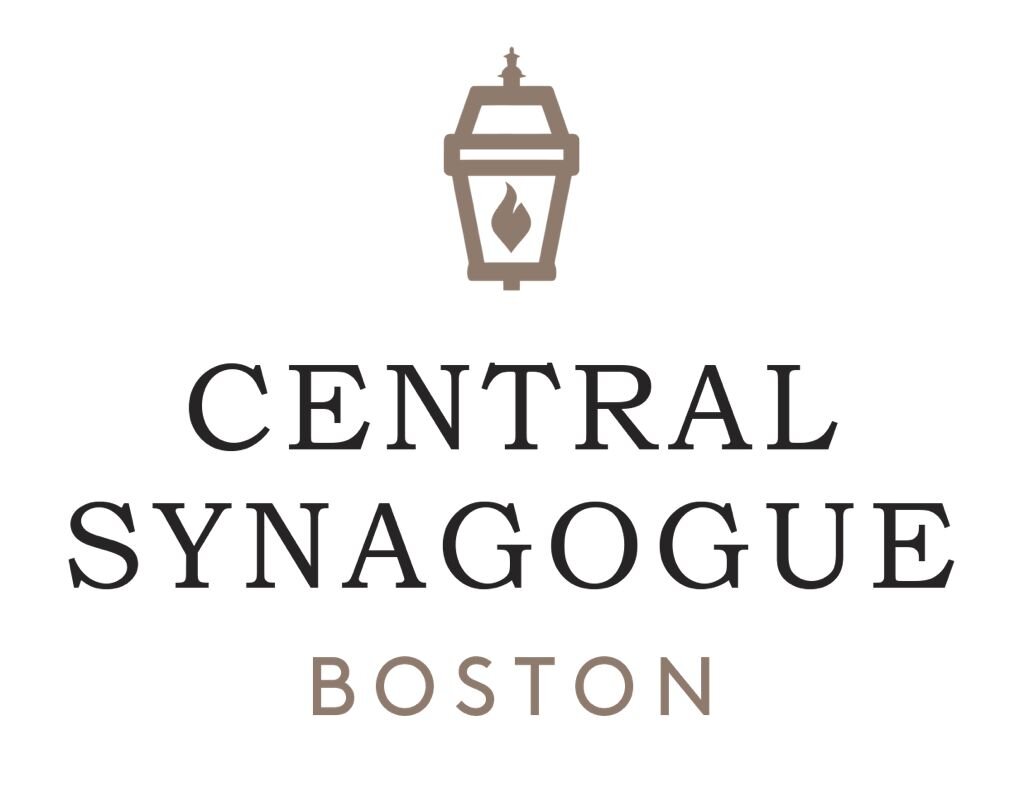Holiday of Passover
Monday evening, April 22, 2024 -
Tuesday, April 30, 2024.
For the Passover Seder Click Here
The Story in a Nutshell:
After many decades of slavery to the Pharaonic regime, during which time the Israelites were subjected to backbreaking labor and unbearable horrors, G‑d saw the people’s distress and sent Moses to Pharaoh with a message: “Send forth My people, so that they may serve Me.” But despite numerous warnings, Pharaoh refused to release the Jewish people. G‑d then sent upon Egypt ten devastating plagues which eventually led to the Exodus of the Jews from Egyptian bondage. Six hundred thousand men, women and children left Egypt on that day and began the trek to Mount Sinai to receive the 10 Commandments and their birth as a nation.
PASSOVER'S HISTORY & OBSERVANCES:
The eight-day Holiday of Passover, in Hebrew known as Pesach, is celebrated in the early spring, from the 15th through the 22nd of the Hebrew month of Nissan. This year, 2024, Passover begins Monday, April 22 at 7:16 PM and concludes on Tuesday, April 30 at 8:29 PM Passover commemorates the emancipation of the Israelites from slavery in ancient Egypt. By following the rituals of Passover, we have the ability to relive and experience the true freedom that our ancestors gained. Passover is divided into two parts: The first two days and last two days (the latter commemorating the splitting of the Red Sea) are full-fledged holidays. Holiday candles are lit at night and kiddush and festive meals are enjoyed on both nights and days. The middle four days are called chol hamoed, semi-festive “intermediate days,” when Matzah and Passover is observed, however, they are considered festive intermediate days.
THE SEDER:
The highlight of Passover is the Seder, observed on each of the first two nights of the holiday. The Seder is a fifteen-step family-oriented tradition and ritual-packed feast.
The focal points of the Seder are:
Eating matzah.
Eating bitter herbs—to commemorate the bitter slavery endured by the Israelites.
Drinking four cups of wine or grape juice—a royal drink to celebrate our newfound freedom.
The recitation of the Haggadah, a liturgy that describes in detail the story of the Exodus from Egypt. The Haggadah is the fulfillment of the biblical obligation to recount to our children the story of the Exodus on the night of Passover.
MATZAH: THE “FOOD OF FAITH”:
When our forefathers left Egypt, they were in such a hurry that there was no time to wait for the dough to rise. They therefore ate matzah, unleavened bread. With only this food (but with great faith), our ancestors relied on the Almighty to provide sustenance for the entire Jewish nation. Each year, to remember this, we eat matzah on the first two nights of Passover, thereby fulfilling the Torah’s commandment, “Matzot shall you eat . . .”
Matzah symbolizes faith. In contrast to leavened bread, matzah is not enriched with oil, honey or other substances. It consists only of flour and water, and is not allowed to rise. Similarly, the only “ingredients” for faith are humility and submission to G‑d, which come from recognizing our “nothingness” when compared with the infinite wisdom of the Creator.
CHAMETZ:
To commemorate the unleavened bread that the Israelites ate when they left Egypt, we don’t eat—or even retain in our possession—any chametz during the holiday. Chametz means leavened grain—any food or drink that contains even a trace of wheat, barley, rye, oats, spelt or their derivatives, and which wasn’t guarded from leavening or fermentation. This includes bread, cake, cookies, cereal, pasta and most alcoholic beverages. Moreover, almost any processed food or drink can be assumed to be chametz unless with a certified Kosher for Passover symbol. Chametz that cannot be disposed of can be sold for the duration of the holiday. For more information and to sell your Chametz Click Here or call Rabbi Mayer at 617.247.7100 or email: rabbi@csboston.org.


